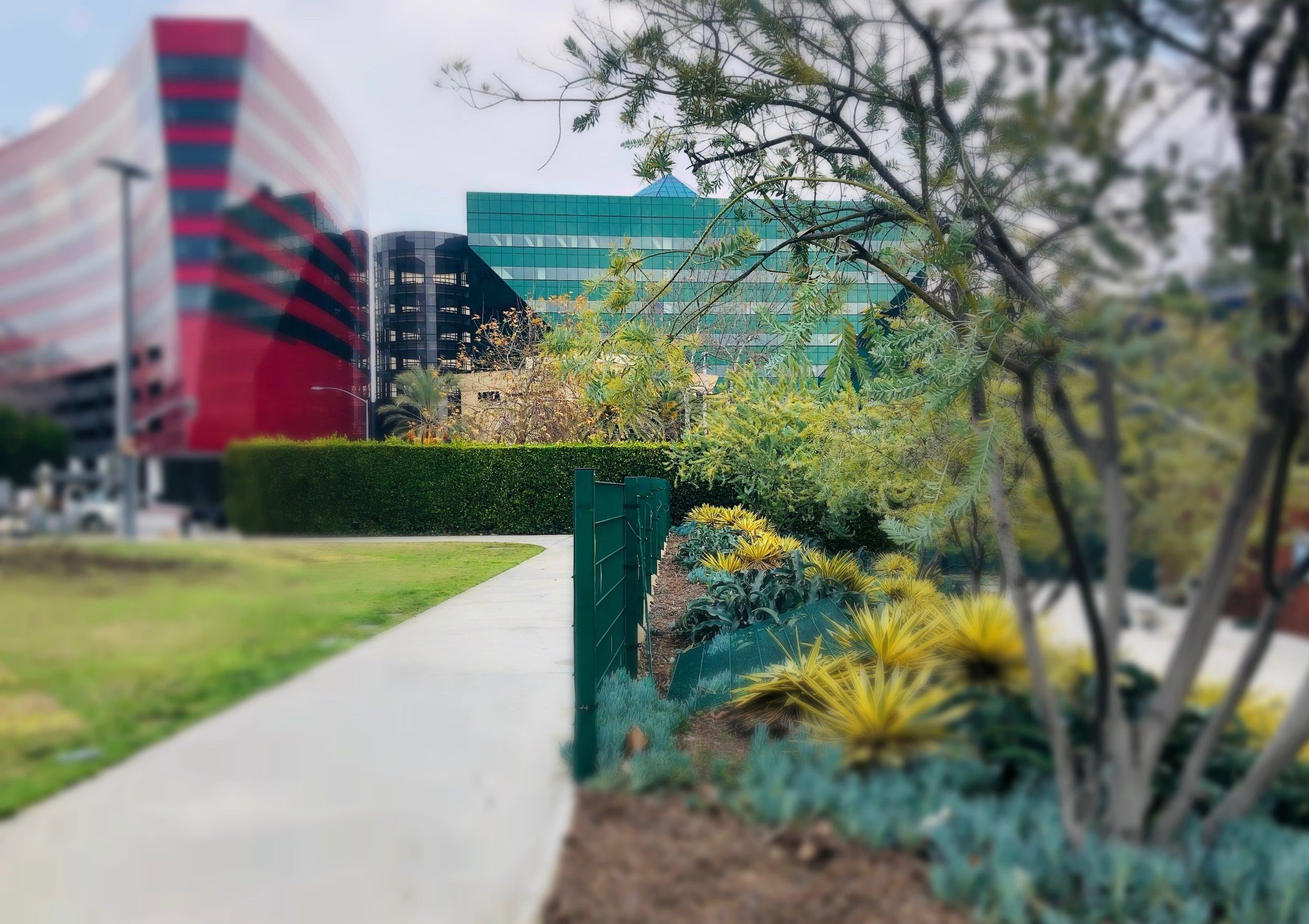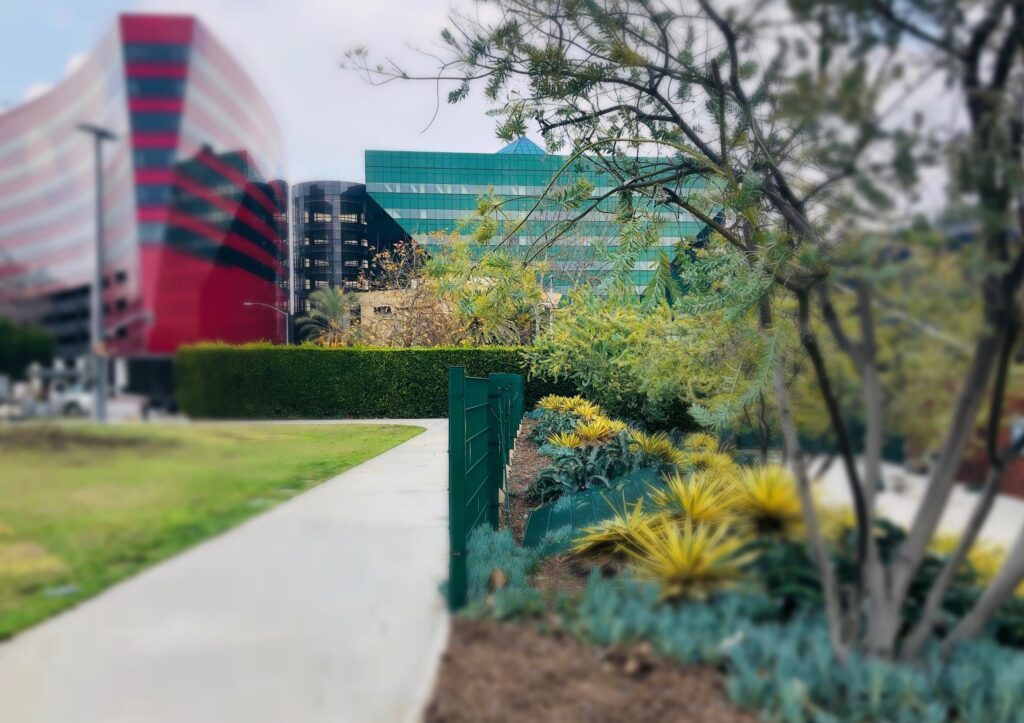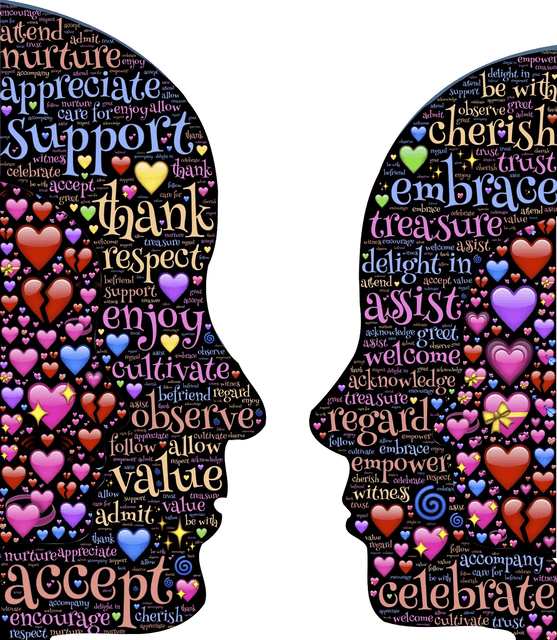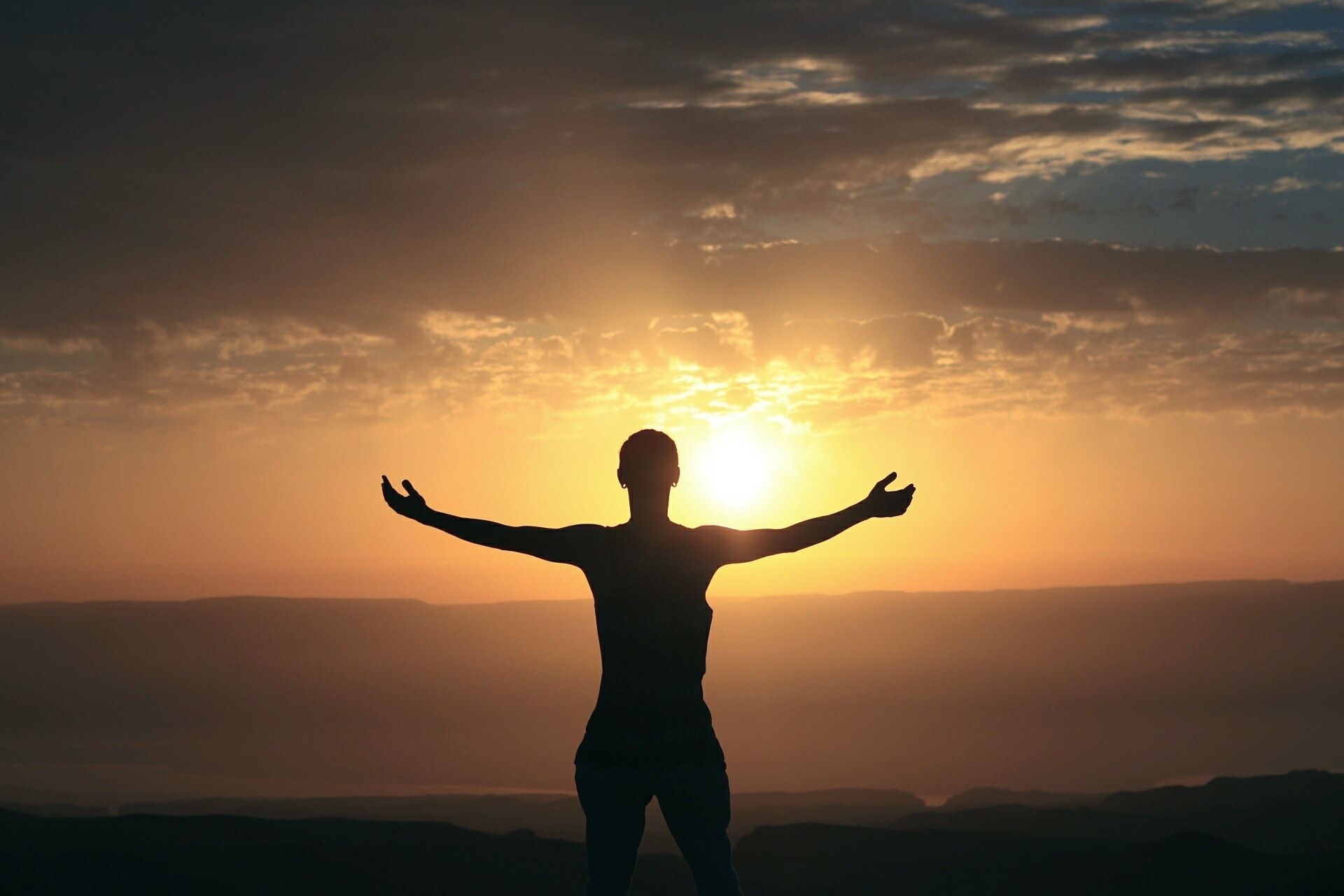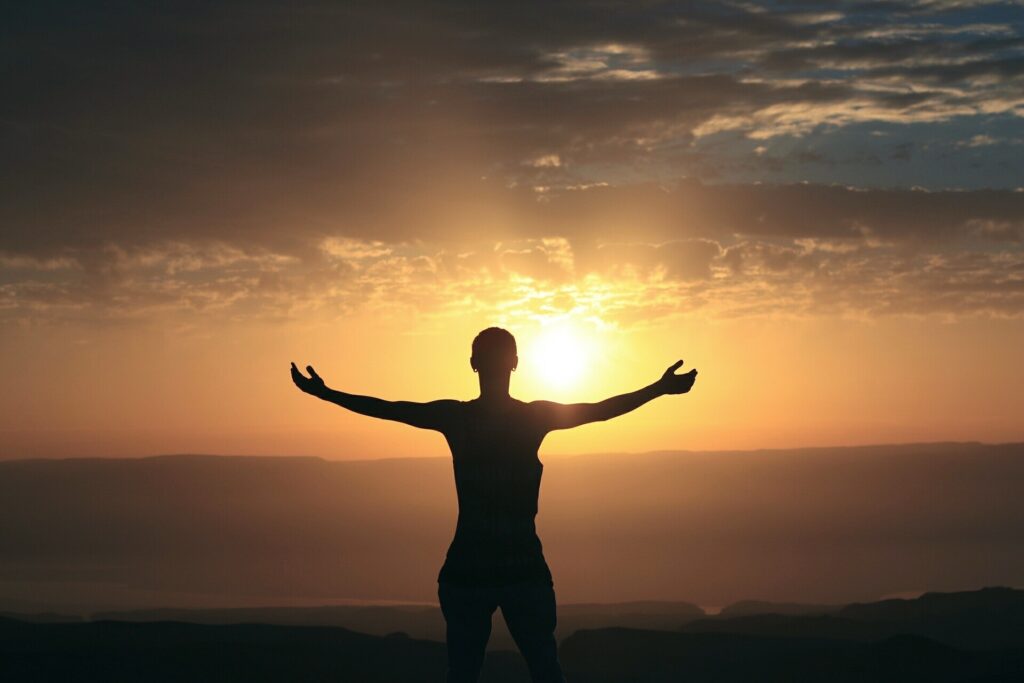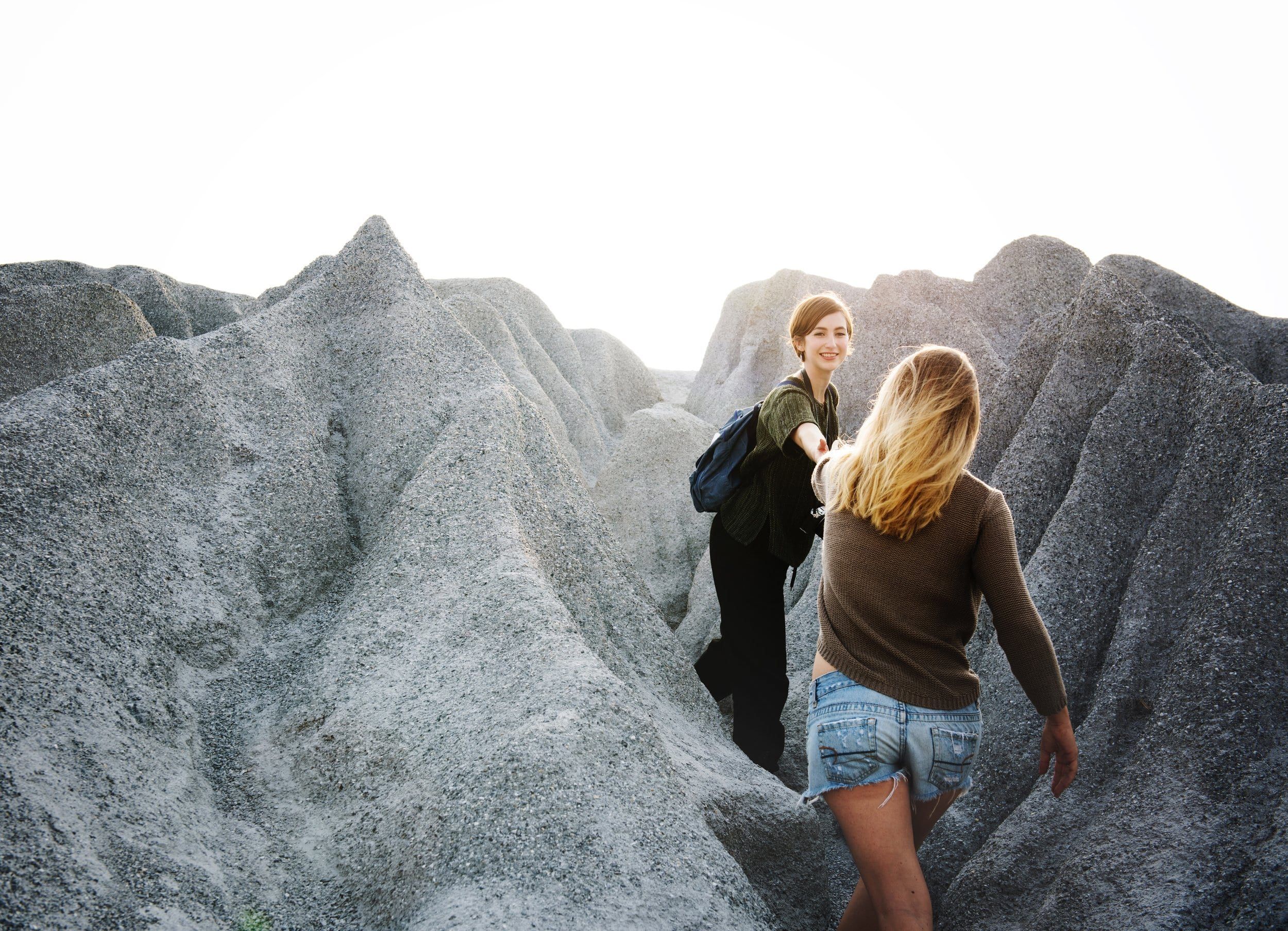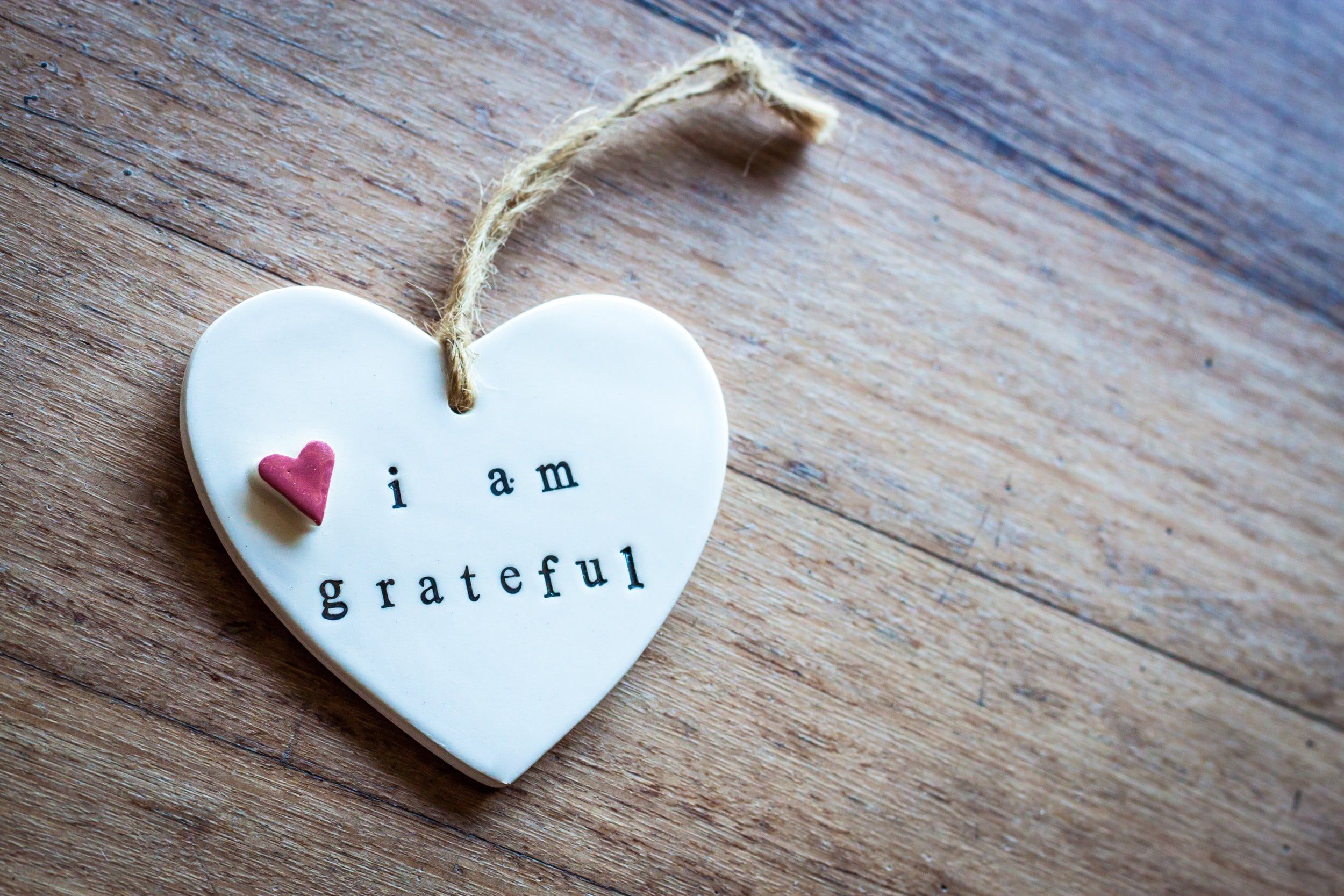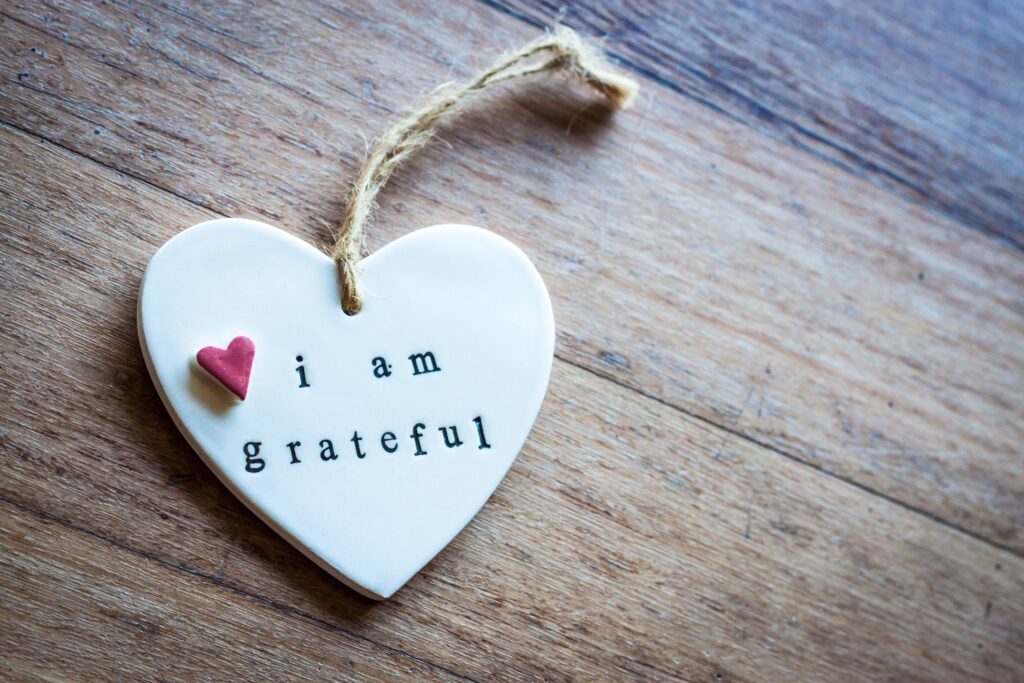By Dr. Brad Meier, Clinical Director
Surrounding CAST Centers are urban parks in West Hollywood and Beverly Hills.
CAST Centers is surrounded by several urban parks in West Hollywood & Beverly Hills: West Hollywood Park, WeHo Art Park, and Beverly Gardens Park to name a few. What can urban parks do for our mental health?
A recent study at the University of Alabama at Birmingham suggests that urban parks could make you happier. “New findings that suggest spending 20 minutes in an urban park will make someone happier regardless of whether they are engaging in exercise or not during the visit.” Furthemore, how does this latest news compare to evidence and prescriptive actions for depression and anxiety?
Richard Louv, a renowned journalist and author, has written extensively about the importance of connecting with nature. He coined the term “Nature Deficit Disorder” to describe an epidemic of sorts in American society where people are every-increasingly disengaged from nature. At an Integrative Health Conference on the campus of the University of Southern California in November 2018, he cited correlational research indicating an increase in emotional difficulties (e.g. depression) and physical maladies (e.g. obesity) as people spend less and less time outdoors. He noted that younger generations report loneliness quite often as a primary concern, in contrast to older generations who spent much more time outdoors. He talked about the intuitive appeal of the outdoors being a hunger “for connection to other life.” The city of Cincinnati recognized the importance of children being in nature with their campaign of “Leave no Child Inside.” A pediatrician in Washington, DC organized a campaign for all pediatricians to write prescriptions to spend time in nature for their children patients. Additional evidence about the importance of some integration of nature into our lives can be seen by the explosion of “companion” animals that people flock to certify so as to be able to maintain regular contact with their beloved pets. Anthropological works have shown that a range of indigenous cultures where their communities and rituals are centered around a connectivity to nature.
There are at least two barriers to research looking at the benefits of nature. One involves defining what is in fact “nature.” Rigorous research requires a consistent definition of the independent variable. There is intuitive awareness of what nature is, but certainly the definition can vary. Another obstacle is the fact that much of the research is paid for or sponsored with the intention of sell products (e.g. pharmaceuticals). Thus, there are less dollars available for research exploring the benefits of nature.
“As a psychologist, I routinely ask people about their physical and outdoor activity; touting the many benefits of even modest outdoor exposure along with exercise.”
— Dr. Brad Meier
With this in mind, there is an ever-increasing encroachment of evidence that people benefit by engaging with nature. Work out of the University of Illinois links outdoor activities with improved focusing, and less anxiety and depression. Time in nature has also been associated with improved self-esteem. ADHD research has shown that physical activity outdoors has a much greater benefit regarding attention and concentration compared to those who exercise indoors (such as a gym). Children who play outside have been shown to be healthier, happier and test better in school. We have known for a long time that sunshine exposure is linked with improved mood, especially for those with Seasonal Affective Disorder. Sunshine was even shown in one study to help the healing process of those recovering from spinal surgery.
As a psychologist, I routinely ask people about their physical and outdoor activity; touting the many benefits of even modest outdoor exposure along with exercise. This research in this article is particularly interesting because the time needed to have a benefit from exposure to nature is relatively short (20 minutes) and is not linked with any specific effort to increase the heart rate. My sense is that it has something to do with the connectivity with life outside of ourselves that people experience when outdoors.
A yearning for connectivity for something greater seems to be part of the human condition. This is consistent with a spiritual perspective where people feel a connectivity to something vast and greater beyond their immediate lives. It is also consistent with the tenants of Alcoholics Anonymous and related 12 Step groups which emphasize community engagement, helping others and connectivity to a “higher power,” with the focus being beyond the specific life focus of the individual.
Learn About CAST Centers


